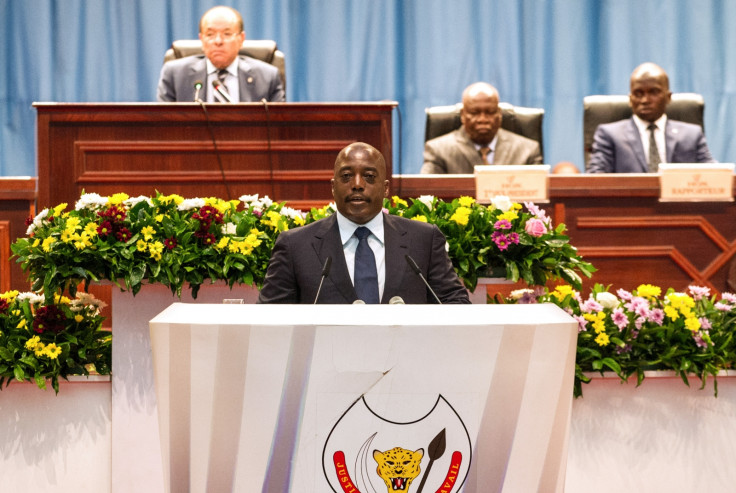DRC: Electoral Commission shares budget troubles as cost estimated to soar 60%
Commission already postponed vote once as fears grow nation could plunge into chaos over new delay.

The electoral commission in the Democratic Republic of Congo (DRC) has said the nation may struggle to afford the cost of upcoming elections it believes would soar by nearly 60% to $1.8bn (£1.42bn).
President Joseph Kabila has been in power since 2001 and served two full terms, as permitted by the Congolese constitution. Kabila is due to stand down in less than a fortnight, but he has been accused of manoeuvring to ensure he can remain in power indefinitely. Diplomats during a UN Security Council briefing on the DRC on 5 December warned of the urgent need to prevent a deadly conflict from blowing up if Kabila does not step down.
Initially planned for November this year, as per the constitution, presidential elections are now not expected to take place until at least 29 April 2018, but no definite date has yet been set. Citing lack of funding and delays in voter registration, the commission (CENI) has already postponed the polls once.
In line with an agreement signed by participants in the national dialogue, which was rejected by a fringe of the opposition, the CENI was presenting the elections budget to the government. The commission's head, Corneille Nangaa, suggested the government would struggle to raise the $1.8bn budget for the ballot. The government is yet to comment.
For comparison, the CENI had requested $1.3bn from the Congolese government and partners to fund all 13 scheduled elections – both local and national – which include the delayed presidential and legislative elections.
Nangaa gave no justification for the rise, and did not indicate whether the CENI was considering further delay for the elections. "Work is under way between CENI and the government to see the possibilities of substantial reductions of this budget in view of the financial difficulties that the country is facing," Nangaa told reporters.
Squeezed by low commodity prices, DRC's budget for 2017 is estimated at $4.5bn – almost half that of 2016. In October, the government proposed a 14% cut for its 2017 budget.
© Copyright IBTimes 2025. All rights reserved.






















